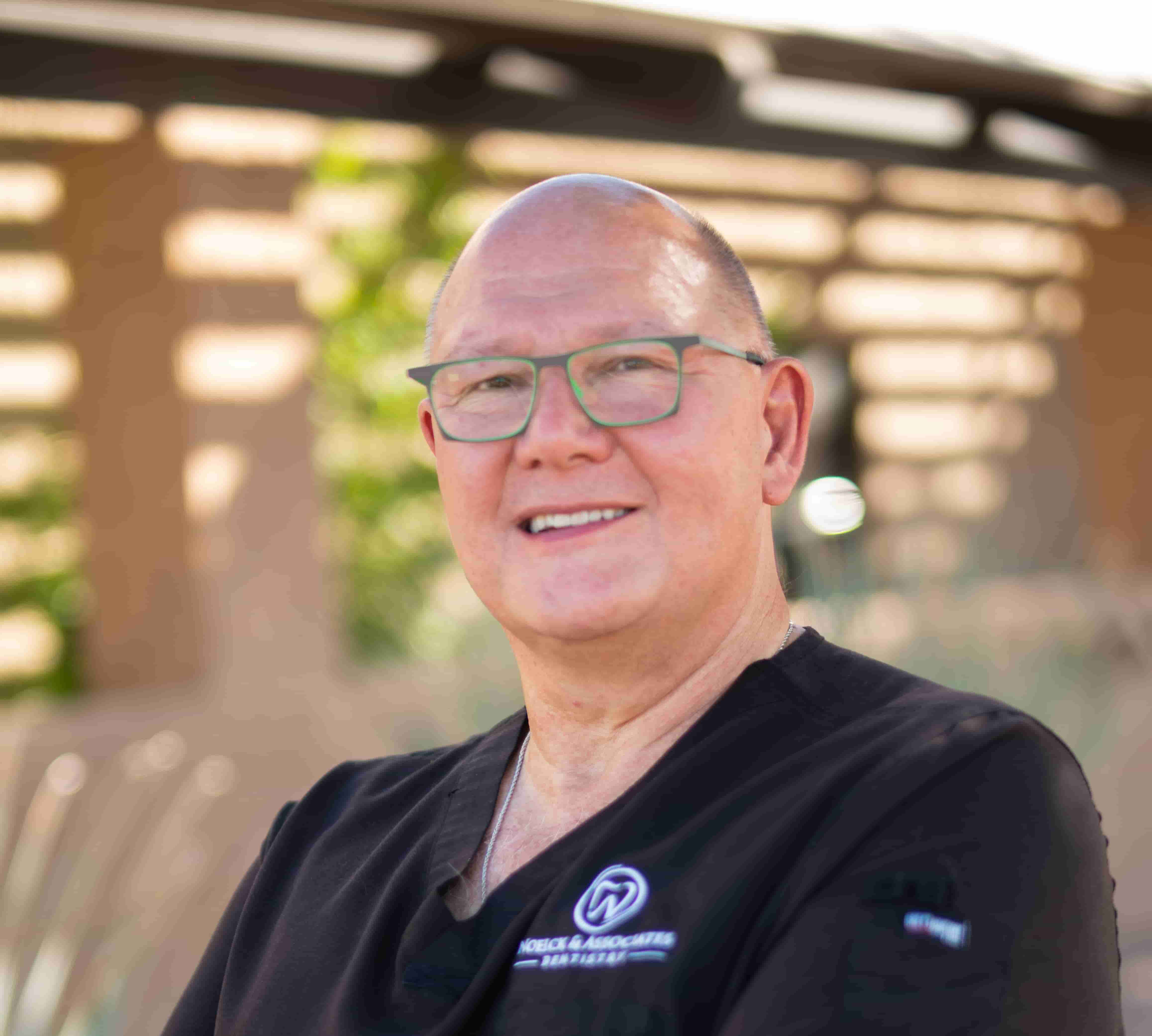Welcome to our dental blog, where we're here to put a smile on your face! Today, we're diving into the world of dental exams and what you can expect when you visit your dentist. Whether it's been six months or six years since your last check-up, regular dental exams are crucial for maintaining good oral health. So grab a toothbrush and get ready to discover the ins and outs of a dental exam - no drills required!
Importance of Regular Dental Exams
Regular dental exams are the cornerstone of a healthy smile. They play a vital role in preventing oral health issues before they become more serious and costly to treat. By visiting your dentist for routine check-ups, you can catch problems early on, saving yourself from potential pain and discomfort down the line.
During these exams, dentists thoroughly examine your mouth, teeth, gums, and jaw. They will check for cavities or signs of tooth decay, as well as any abnormalities that may indicate gum disease or other oral health concerns. X-rays may also be taken to get a closer look at what's happening beneath the surface.
But it's not just about detecting problems; regular dental exams also provide an opportunity for thorough cleaning and scaling of your teeth. This deep clean removes built-up plaque and tartar that cannot be removed by regular brushing alone.
Beyond keeping your pearly whites picture-perfect, regular dental exams have wider implications for your overall well-being. Studies have shown links between gum disease and various systemic conditions such as heart disease, diabetes, respiratory infections, and even certain types of cancer. By taking care of your oral health through routine exams, you're investing in your overall health, too!
What Happens During a Dental Exam?
During a dental exam, your dentist will conduct a thorough evaluation of your oral health. The first step is usually to review your medical history and discuss any concerns or changes since your last visit. This helps the dentist get a better understanding of your overall health and how it may impact your dental care.
Next, the dentist will perform a visual examination of your mouth, teeth, and gums. They will look for signs of decay, gum disease, or other issues such as oral cancer. This may involve using special tools like mirrors or probes to get a closer look at hard-to-reach areas.
X-rays are often taken during dental exams to detect problems that may not be visible with just a visual inspection. These images can reveal cavities between teeth, bone loss in the jaw, or abnormalities in tooth roots.
After evaluating the condition of your teeth and gums, the dentist will clean them using various instruments like scalers and polishers. This removes plaque buildup (a sticky film containing bacteria) and tartar (hardened plaque), which can lead to tooth decay and gum disease if left untreated.
The dentist will provide recommendations for ongoing oral care based on their findings during the exam. This may include advice on brushing techniques, flossing habits, diet choices that promote good oral health, and scheduling follow-up treatments if necessary.
Overall, caring for our mouths plays an essential role in maintaining overall health. With regular dental exams, you can catch potential problems early on and take steps towards preserving a beautiful smile!
Tips for Maintaining Good Oral Health Between Exams
Taking care of your oral health goes beyond just regular dental exams. It's important to maintain good oral hygiene habits between visits to the dentist in order to keep your teeth and gums healthy. Here are some tips for maintaining good oral health between exams:
1. Brush twice a day: Brushing your teeth at least twice a day is crucial for removing plaque and preventing tooth decay and gum disease. Use a soft-bristled toothbrush and fluoride toothpaste, and make sure to brush all surfaces of your teeth.
2. Floss daily: Flossing helps remove food particles and plaque from between your teeth, where the toothbrush can't reach. Make it a habit to floss every day, preferably before bedtime.
3. Eat a balanced diet: A healthy diet not only benefits your overall well-being but also contributes to good oral health. Limit sugary snacks and drinks as they can increase the risk of cavities. Instead, opt for foods that are rich in vitamins and minerals, such as fruits, vegetables, whole grains, lean proteins, and dairy products.
4. Avoid tobacco products: Smoking or using other tobacco products not only stains your teeth but also increases the risk of gum disease, oral cancer, bad breath, and other dental problems. Quitting smoking is one of the best things you can do for both your overall health and oral health.
5. Limit alcohol consumption: Excessive alcohol consumption can have negative effects on your oral health, including dry mouth (which increases the risk of cavities) and an increased likelihood of developing gum disease or certain types of cancers in the mouth.
6. Cut down on acidic drinks: Drinks such as soda pop or energy drinks contain high levels of acid, which can erode enamel over time, leading to an increased risk for cavities.
7. Schedule regular cleanings with dental hygienists: Visiting equally regularly with Dental hygienists will help ensure any buildup tartar doesn't get a chance to progress into something more serious.
Conclusion
Regular dental exams are crucial for maintaining good oral health. During these exams, dentists can detect and address any potential problems before they become more serious. It's important to also maintain good oral hygiene habits between exams.
So don't delay! Schedule those regular dental exam appointments with confidence, knowing that each visit is another step towards maintaining optimal oral health...and ultimately keeping that beautiful smile shining bright! Wish to learn more? Call us and schedule an appointment.
